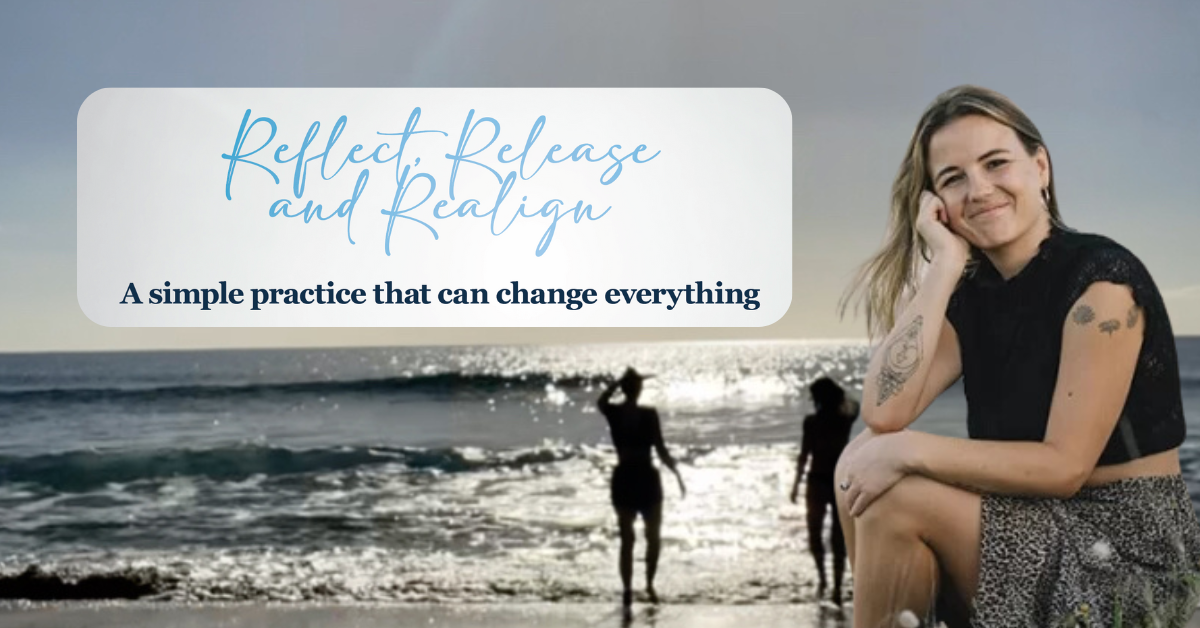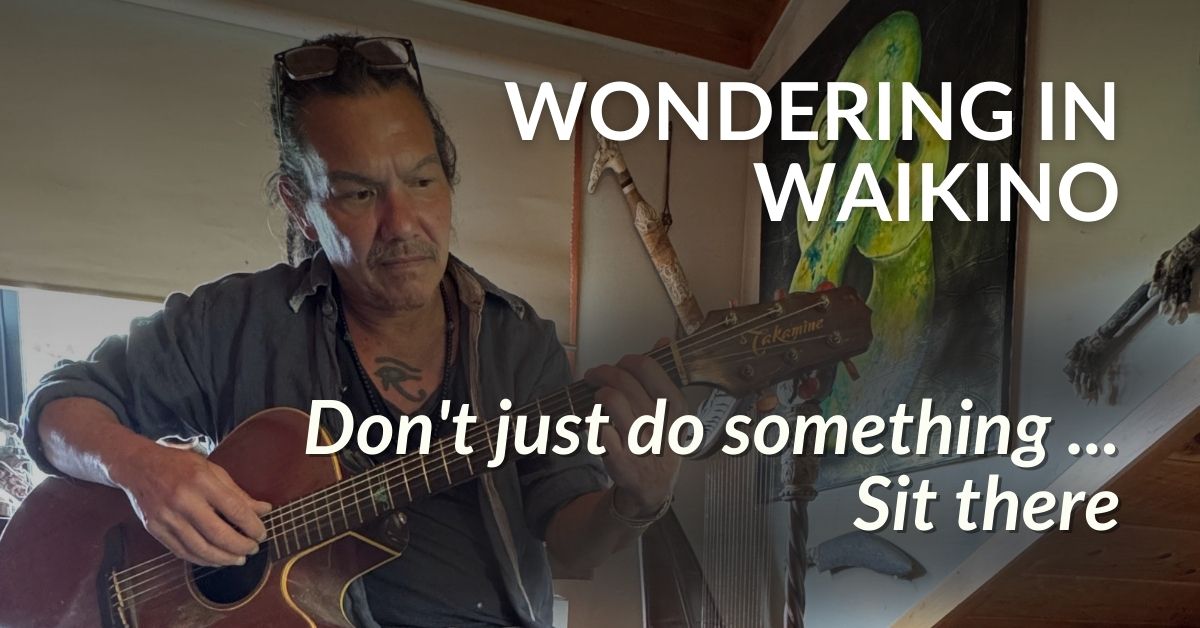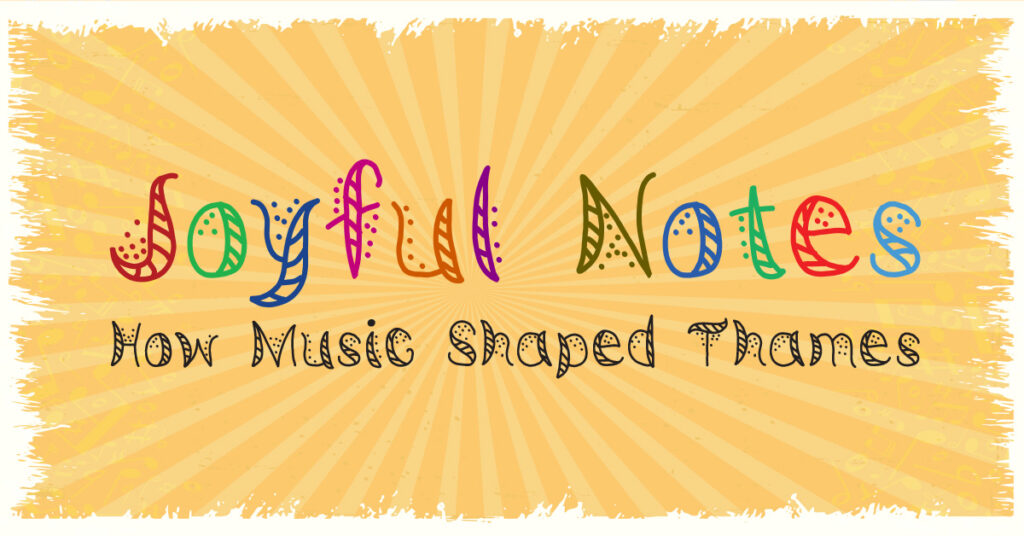
How Music Shaped Thames
Music has the ability to entertain, provide comfort, lessen anxiety and uplift the spirit. The importance of entertainment was very evident during the heady, gold rush days of the 1800s in New Zealand, none more so than in Thames. Speculators and large companies brought new prosperity to Thames, and a rush of prospectors were lured to the newly opened goldfields, hoping to make their fortune.
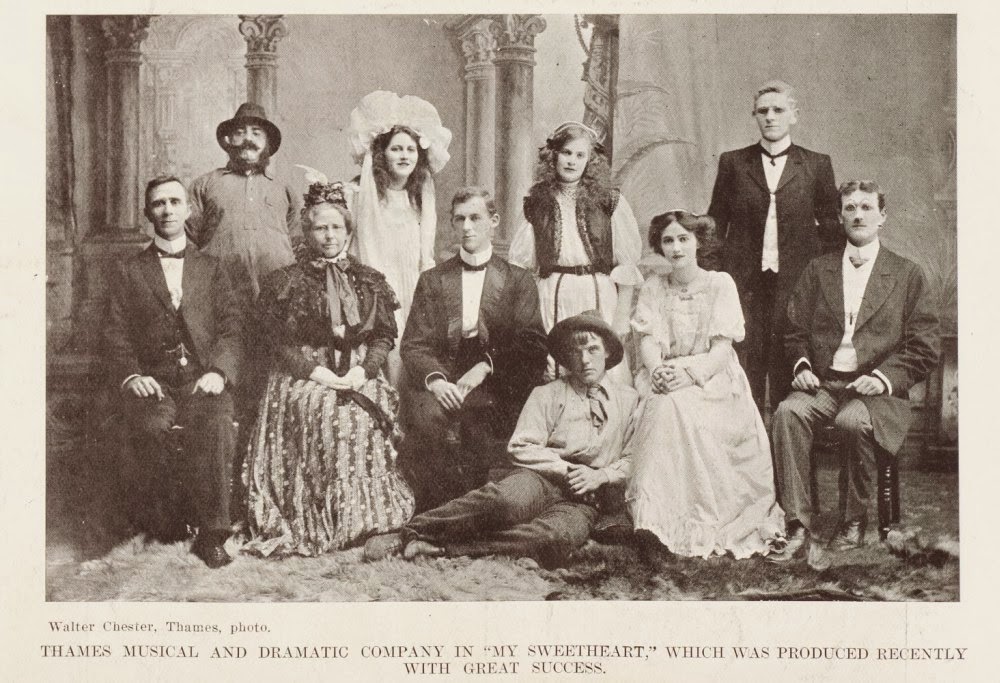
Mining was labour intensive and dangerous work, so it is no wonder the miners crowded into town at the end of their shifts, to enjoy the hospitality offered by the 112 hotels, saloons, dance halls and sly-grog shops of Thames, and to relax to the sounds of piano, fiddle, accordion, flute, tin whistle, Jew’s harp and poetry as well as voices raised in song. During the heyday of Thames there was purported to be one hotel for every 200 people! Entertainment offered respite for the early settlers from the noise of the stamper batteries, crushing the quartz to extract the gold, and the often very primitive living conditions in the town, and on the goldfields.
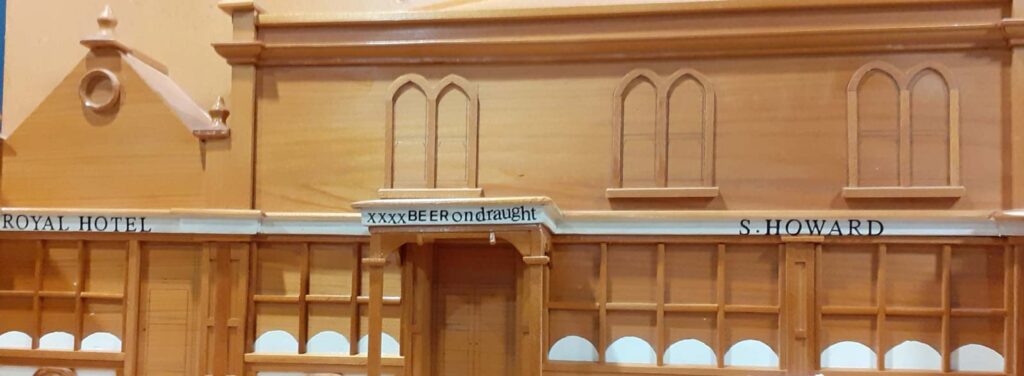
Eager to be entertained, the town’s elite disembarked from their carriages to attend the Theatre Royal and the Academy of Music which were situated close to the shoreline, and were favourite venues for musical groups and theatrical performances. One of the biggest and busiest places was the Shortland Hotel built in 1867 in Shortland, and still standing today albeit as Fresho, a produce shop. In 1868, John Butt took advantage of the town’s love of entertainment and built the American Theatre seating 600 people on two levels, right next to his hotel. International touring acts of musicians, along with variety, vaudeville and theatrical performers, made it seem as if the golden days in Thames would never end.
Church choirs were very popular, and military and volunteer bands became an important feature of society in the early days of Thames. From the 1870s, many workplace bands were established, and Māori communities formed their own brass ensembles. Auckland even had a Temperance Ladies’ Brass Band c.1910.*
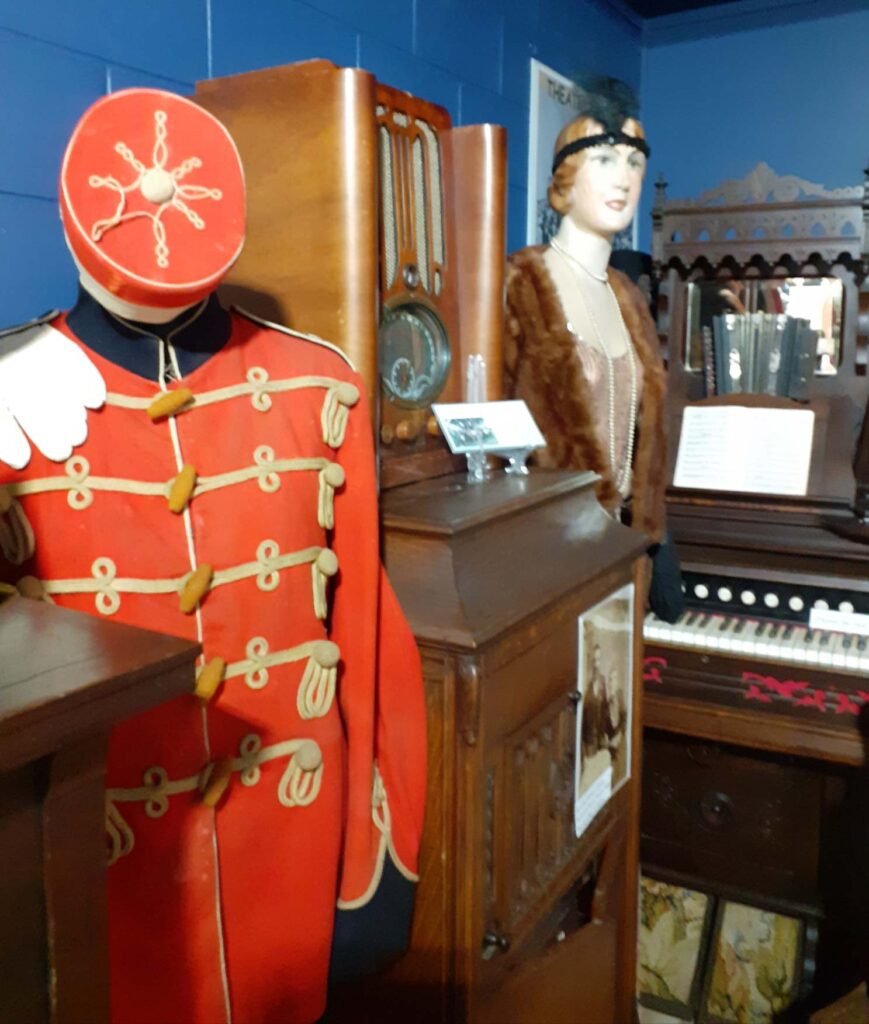
A rich fusion of music evolved in the new colony from the blending of Māori music and the music of the many peoples – whalers, sealers, sailors, traders and settlers – who visited our shores, or made New Zealand their home. One such person was John Grigg. Born in London, he moved to Thames in 1868. He taught singing and established the Thames Choral Society and was also an organist and conductor. He composed religious and popular music, one composition being a contender for the New Zealand National anthem, My New ZealandHome. Grigg was also an astronomer, and 122 years later, his achievements are still being acknowledged.
Barton’s Circus was a regular visitor to Thames, and provided a diversion from everyday life during the dark days of World War I, and fund-raising dances and carnivals all helped to raise money for the war effort.
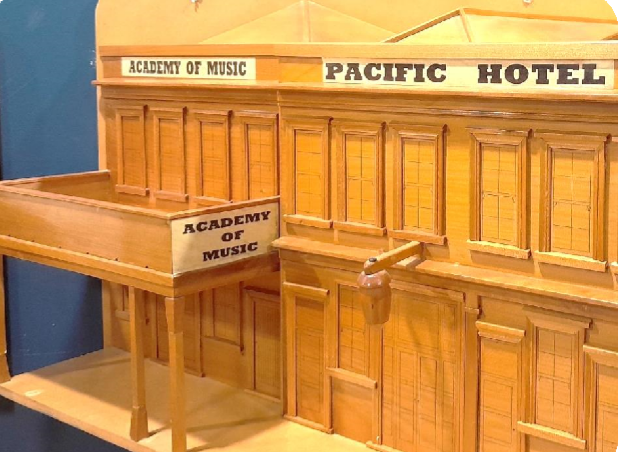
Poetry has the ability to help us express who we are, make sense of the world and record history. Charlotte Lillian Lawlor (born in Thames, 3rd October 1879) wrote under the pen names ‘Bob’ and ‘Ruthlyn’ and left a record of Thames history through her powerful and emotive expression.
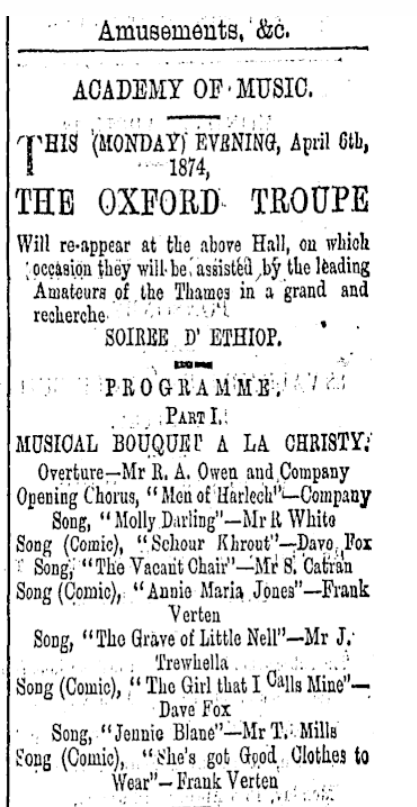
Jane Whiteside, aka Jenny Anderson, who performed under the stage names of Madame Cora, Mademoiselle Estella, Madame Blanche, and Blanche Fane, performed throughout New Zealand as a tight-rope dancer, gymnast, lady trapeze artist and magician, finally settling with the Oxford Combination Troupe. Jenny worked as a barmaid in Thames for a time, appearing frequently at the Academy of Music, the Theatre Royal and the American Theatre.
It is quite extraordinary, the number of very talented creative people who grew up in Thames, or found their way there during the gold rush period. They added to the very fabric of Thames, uplifted spirits, and made life much more bearable for many.
A big thank you to all the wonderful past artistes, and the talented, creative people who still entertain and enthral us today.
*Clayworth, P. (20117, September 15). The Peoples Music: The birth and growth of New Zealand’s brass band music. https://natlib.govt.nz/blog/posts/the-people-s-music-the-birth-and-growth-of-new-zealand-s-brass-band-music#content
Words by Robyn Pearce – – Volunteer at Thames Museum Te Whare Taonga o te Kauaeranga



